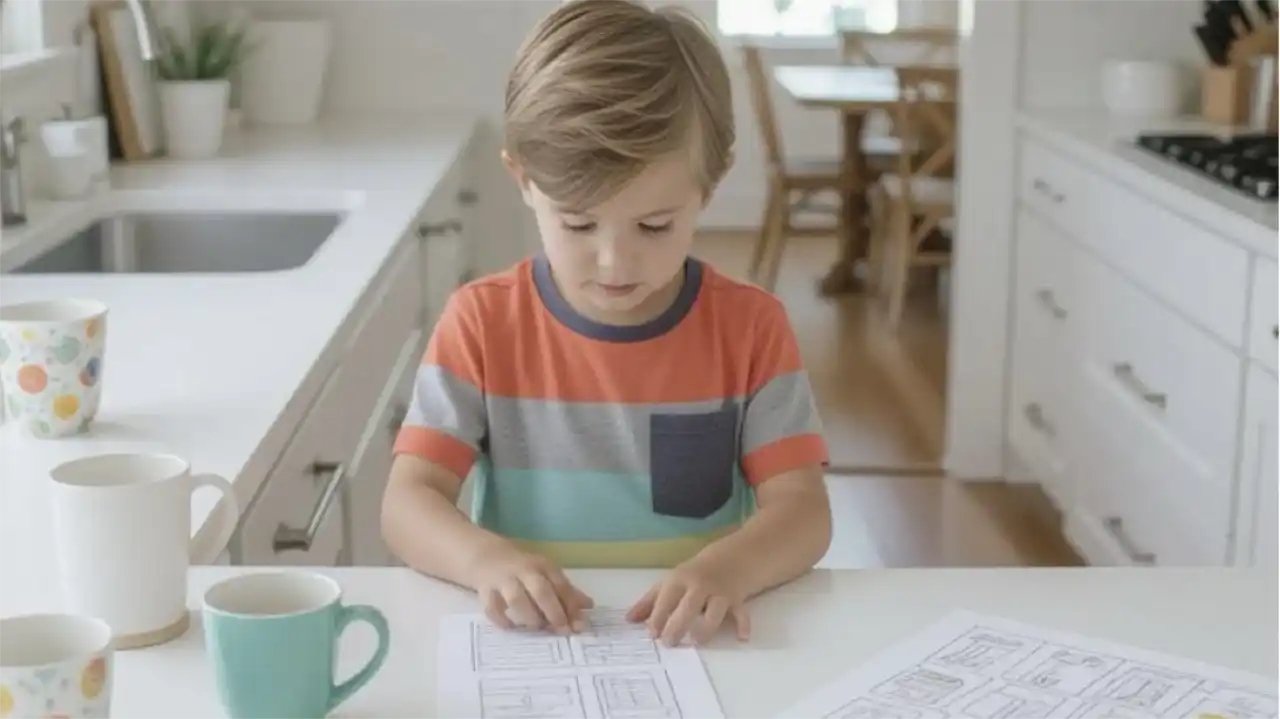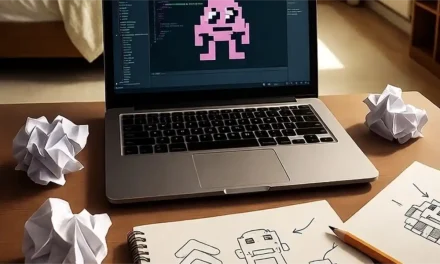
Social and Emotional Insight: Notice Crucial Details Others Miss
I
n a world full of noise and flashing distractions, children can easily overlook small but crucial details. Missing these elements can undermine their schoolwork, puzzle-solving, and even their social awareness. Training them to ask, “What stands out?” sharpens their powers of observation, turning casual glances into careful studies. This skill forms the backbone of success in fields like forensic science, design, research, and beyond.
One afternoon, my son was hunting for his lost house key, glancing carelessly across the kitchen. I asked him not just to “look,” but to name three items he saw. As he began naming cups, papers, and finally a glint of metal, he discovered the missing key. The exercise taught him that finding important things often requires seeing what others miss — a lesson that quickly transferred to reading comprehension, science labs, and even everyday organization.
To encourage detailed observation, set a weekly “Find Ten” challenge. Choose a room, a nature walk, or a park visit, and ask your child to list ten things they notice, paying attention to size, color, shape, or placement. Help them sketch or describe one favorite find in a “Detail Diary.” Picture puzzles, hidden-object games, and resources like the “Detail Hunt” book can keep the practice lively. With time, they’ll sharpen a meticulous mind capable of catching nuances others overlook — a quiet superpower in any field.
Social and Emotional Insight

Social and Emotional Insight: Uncover Hidden Motives Thoughtfully
Help children recognize intentions behind actions. Understanding motives encourages emotional intelligence and mature reasoning.

Social and Emotional Insight: Understand Different Perspectives
Seeing through another’s eyes builds empathy and wisdom. Guide children to consider how others think and feel.
Table of contents

Primordial Soup for the Mind: Navigation
Navigate the book Primordial Soup for the Mind.
TIPS
- Ask “What do you see that others missed?”
- Use everyday scenes as observation challenges
- Turn searching into a game, not a chore
- Reward noticing small changes or features
- Build the habit with short, daily “detail drills”
ACTIVITIES
- Object Hunt: Set out 10 small items, remove one, ask what’s missing — 10 min
- Detail Walk: Take a short walk and list 5 unusual or specific things seen — 10 min
- Lost Key Test: Hide a common object in plain sight, let them find it by scanning — 10 min
TOOLS
Detail Hunt book, magnifying glass, observation cards

Download “Primordial Soup for the Mind: A Parent’s Guide to Nurturing Intellectual Growth”
Enter your information to get this article and hundreds more as part of the FREE book Primordial Soup for the Mind.
Share your thoughts with the Thought Academy community in the Comments section below.

Sharpen those skills!
Enter your information to get our FREE practice exercises so you can hone your critical thinking and reasoning skills!







0 Comments